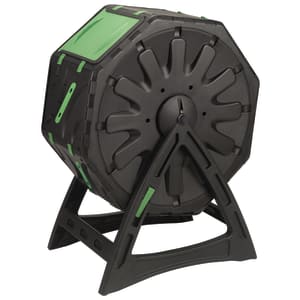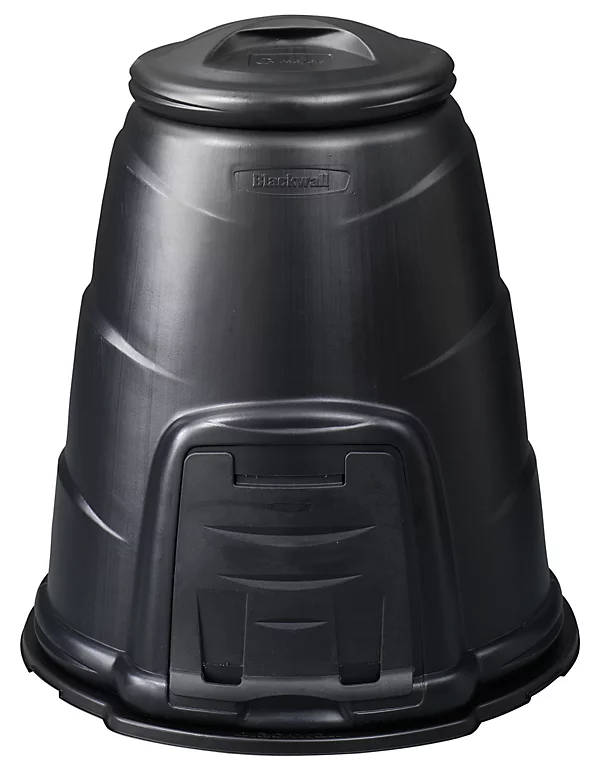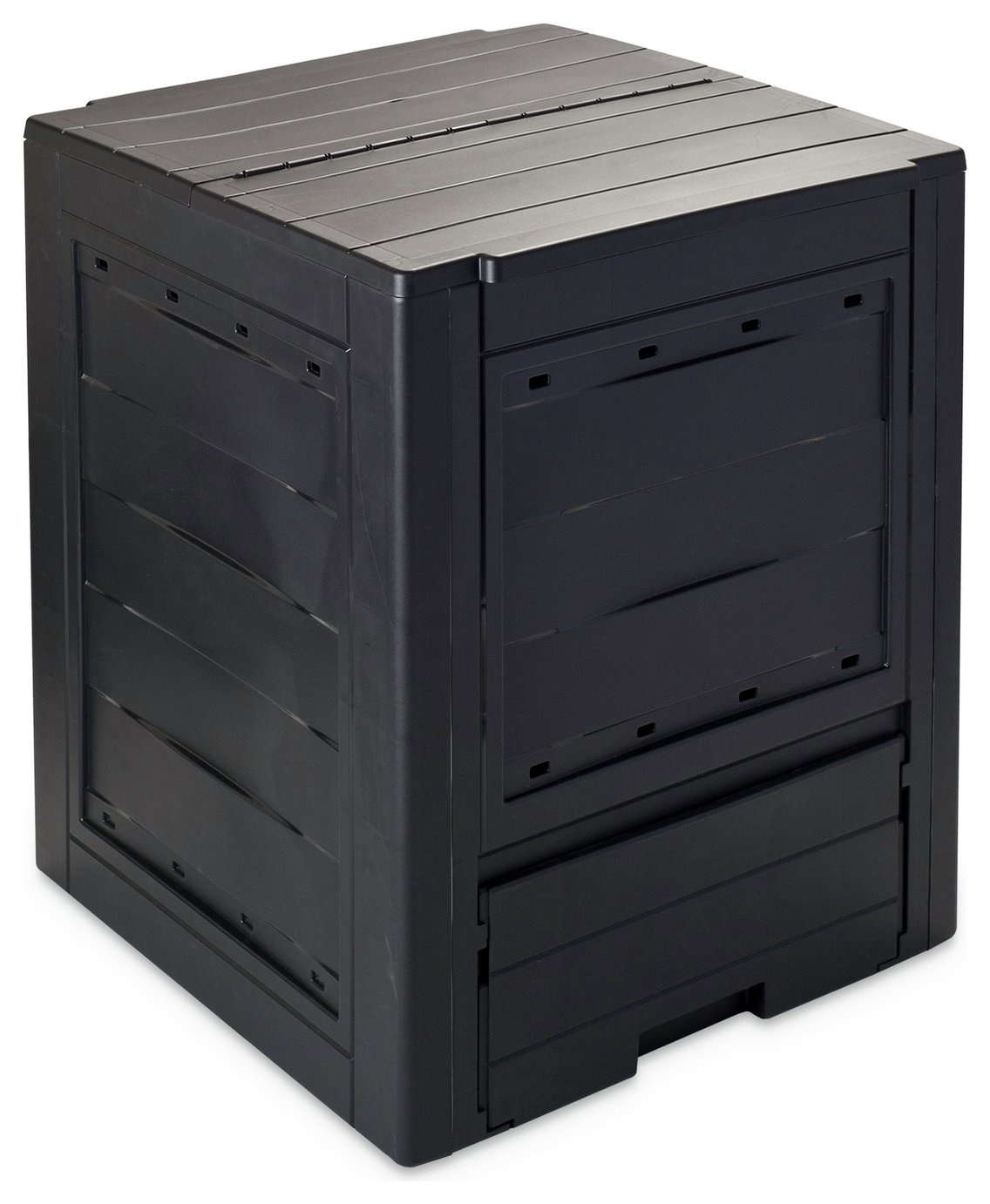Experts reveal the 5 things you should never put in your compost bin - and you're probably guilty of a few
Have you fallen foul to these common compost mistakes?

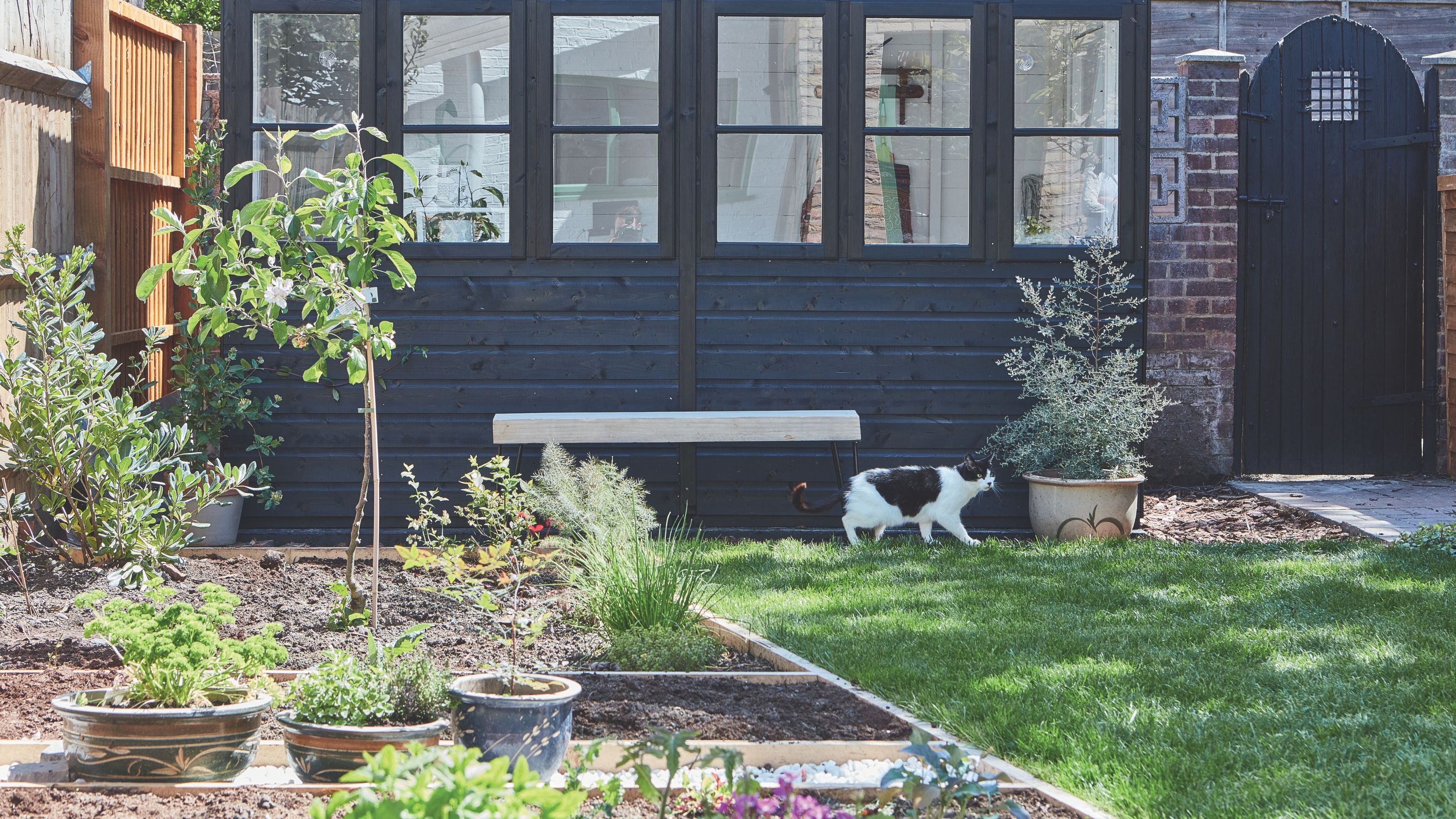
Having a compost heap in your garden is a great way to help keep your garden thriving all year round. But if you throw the wrong things onto it you could be doing more harm than good.
Whether you're a seasoned gardener or just learning how to make compost, you could be guilty of putting the wrong items in your compost bin.
It’s easy to assume that anything natural can be deposited in your bin, but experts have warned that putting these common household items into your compost bin can actually have a detrimental effect on your compost.
Here is what you should never put in your compost bin or on a compost heap.
1. Egg shells
There are plenty of clever ways to use eggshells in your garden, but putting them in your compost is not one of them.
‘Not only do eggshells take a long time to break down, but they can also attract unwanted visitors - like rats! Unwashed eggshells carry lingering odours that can quickly draw rodents to your compost bin,’ says John Stewart, a pest prevention specialist at Pest-Stop.
This happens when egg residue remains on the shells.
Sign up to our newsletter for style inspiration, real homes, project and garden advice and shopping know-how
‘If you leave any egg residue on them, you’re basically inviting rats or other critters to come check it out,’ says Jenny He, landscaping expert and and the Co-Founder & CEO of Ergeon.
If you plan on using eggshells in your garden, then you must clean them first to remove residue and odour.
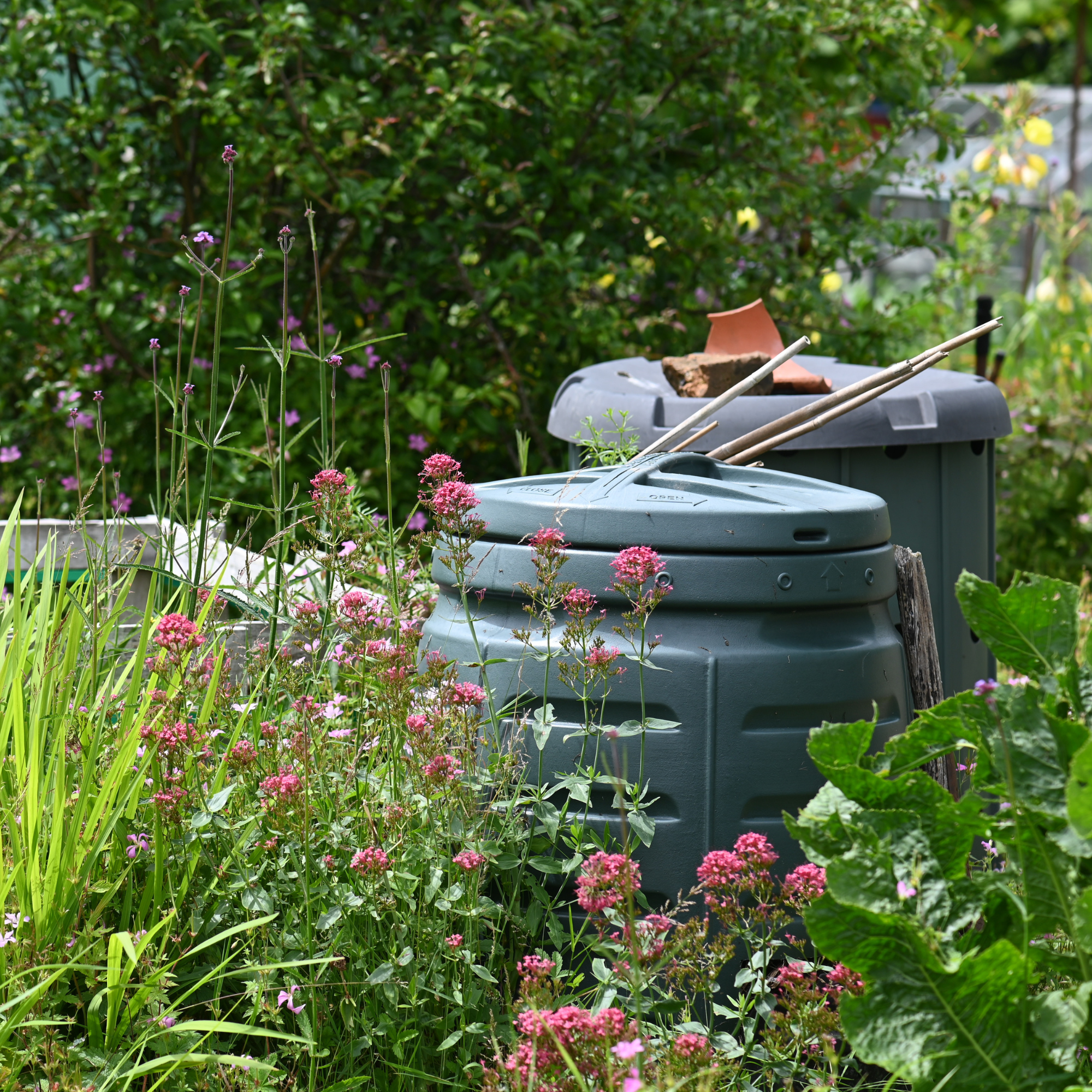
2. Meat and dairy products
Another big no-no is adding meat and dairy products. While some meat products can be hot composted, they should go on a standard compost heap or bin.
‘The things that are probably mistakenly added the most are meat and fish. While you may think that they’d be a good addition thanks to their nutritional value, in actual fact they can be one of the worst,’ says James Ewens, Commercial Director at Green Feathers.
‘They create an unbearable smell as they decompose which can linger around the outside of your home, and what’s worse is that it can attract all kinds of unwanted pests that will cause large amounts of mess and easily damage your garden. Dairy products should also be avoided for the same reason.’
Samantha Richards, garden gazebo expert at Gazeboshop, recommends checking the contents of any food you plan to put in the compost.
‘It’s also worth checking the ingredients of processed foods that you are thinking of adding to the compost as ones that contain a lot of dairy or fat should be avoided too,’ she says.
'Oily foods are also worth remembering to avoid. While your compost needs some moisture for it to function properly, oil and water do not mix well, which is why keeping grease and cooking oils far away from your compost is vital for it to work.’
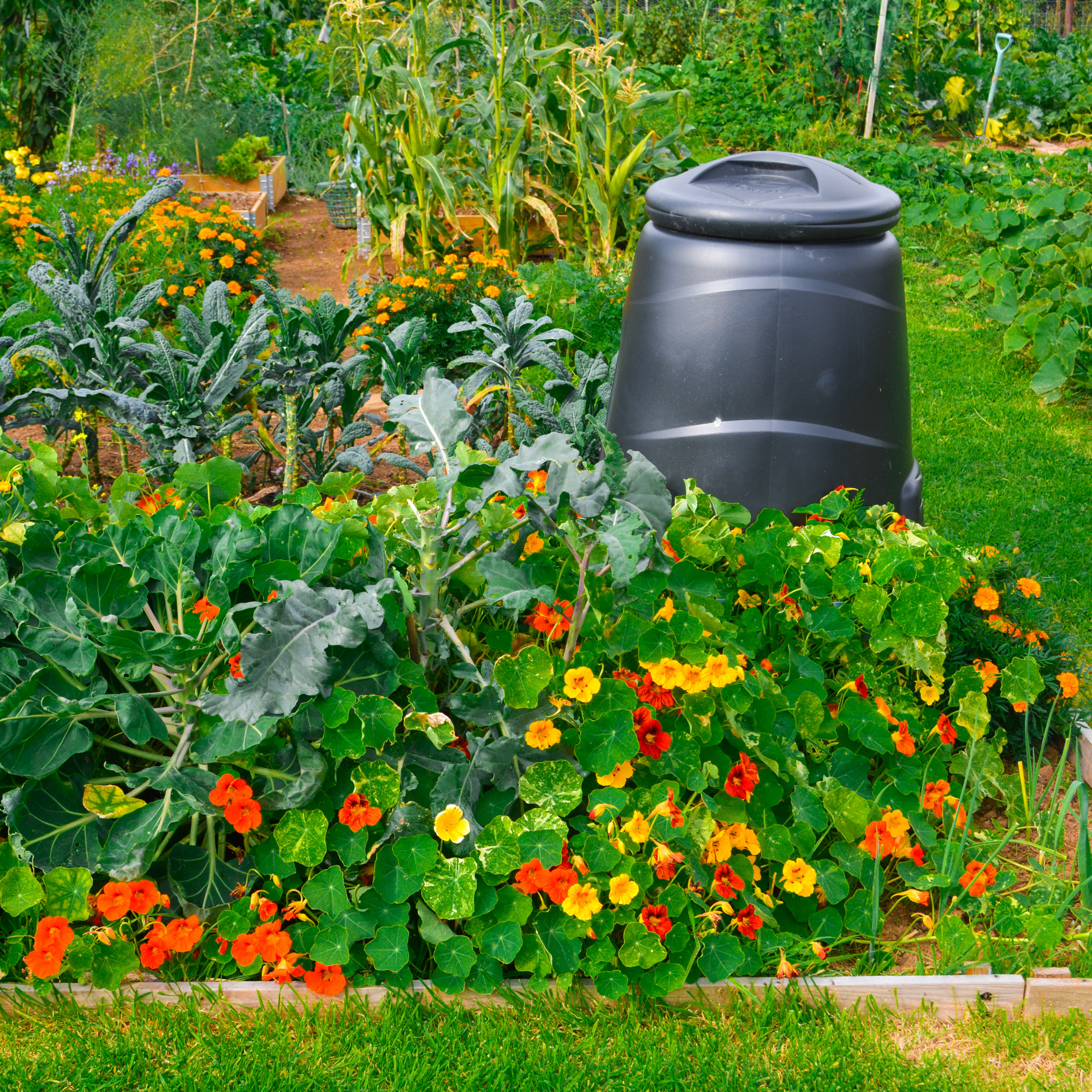
3. Pet faeces and cat litter
Animal waste may be biodegradable, but it shouldn’t be going anywhere near your compost heap.
‘It may seem logical to dump your pet’s faeces into a compost because it can decompose, but this is a big no-no,’ says Samantha.
‘Dog and cat excrement can make your compost heap dangerous as although the poop will eventually break down, it will become a hotspot for bacteria, germs and viruses and it can contain pathogens that cause human diseases.
‘If your compost pile is in your garden and you have young children roaming around, bear this in mind as you need to be sure that there is nothing harmful in your compost heap which kids can get their hands on.’
4. Dead plants
It may sound strange but dead plants are another item you should avoid.
‘A lot of people think they can just throw any old plant in there, but if it’s carrying any sort of fungus or disease, you’re risking spreading that back into your garden when you use the compost,’ says Jenny.
‘Same goes for plants that have been treated with pesticides or herbicides—you don’t want those chemicals leaching into your compost and affecting the rest of your yard.’
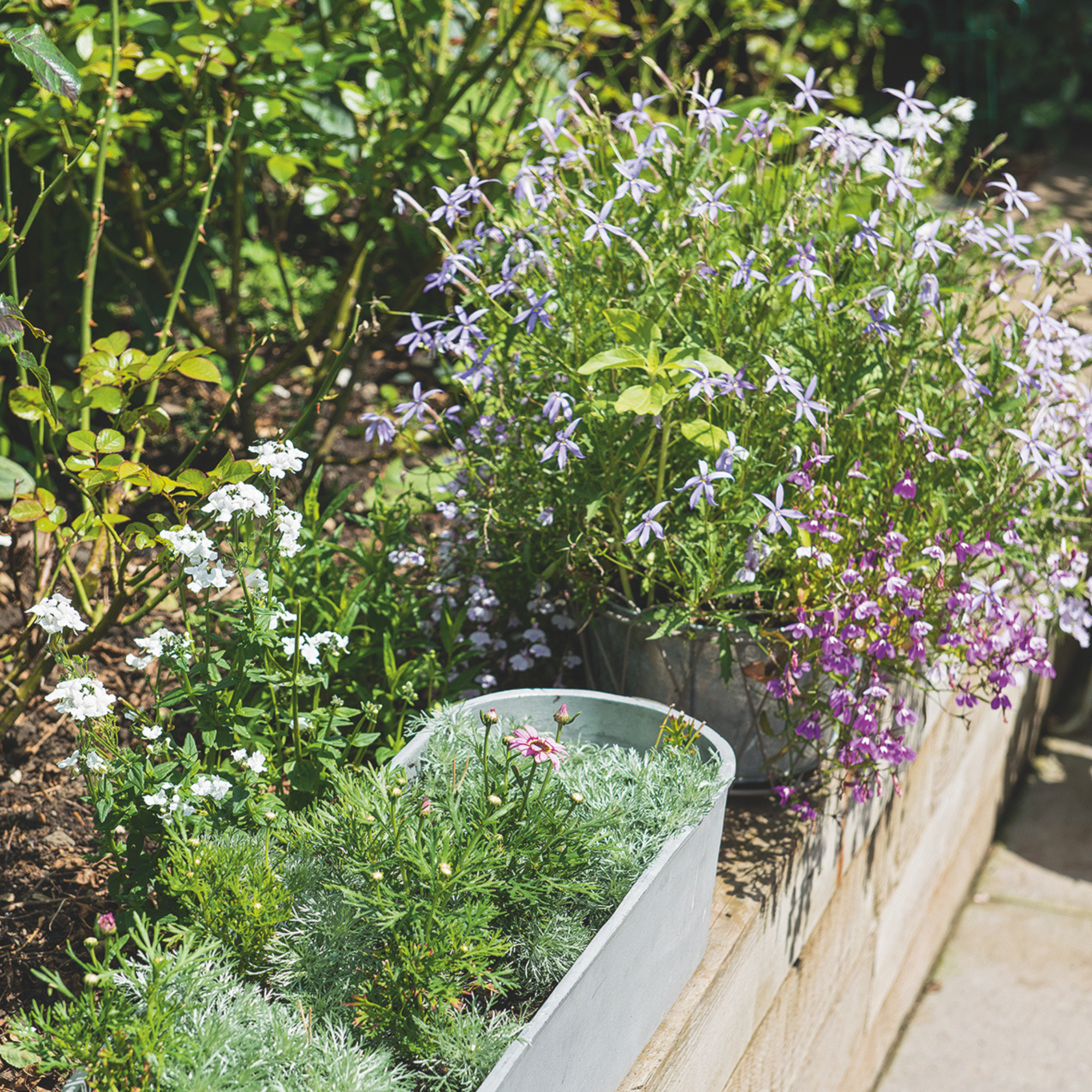
5. Charcoal and ash
A quick an easy way to get rid of old coal and charocal would be to chuck it in your compost bin - it's a natural product after all. But this is something that should actually be avoided.
‘If you have a fireplace in your home, you may also be tempted to add charcoal or coal ashes to your compost bin - something which you should once again avoid,’ says James.
‘This is because of the high sulphur content, which can completely throw off the pH balance of your compost and do your plants far more harm than good.’
You can use ash in a garden, but you need to be careful. Getting the right PH for your garden will make your garden look better than ever, so don’t undo all your hard work by emptying your fireplace into the compost bin.
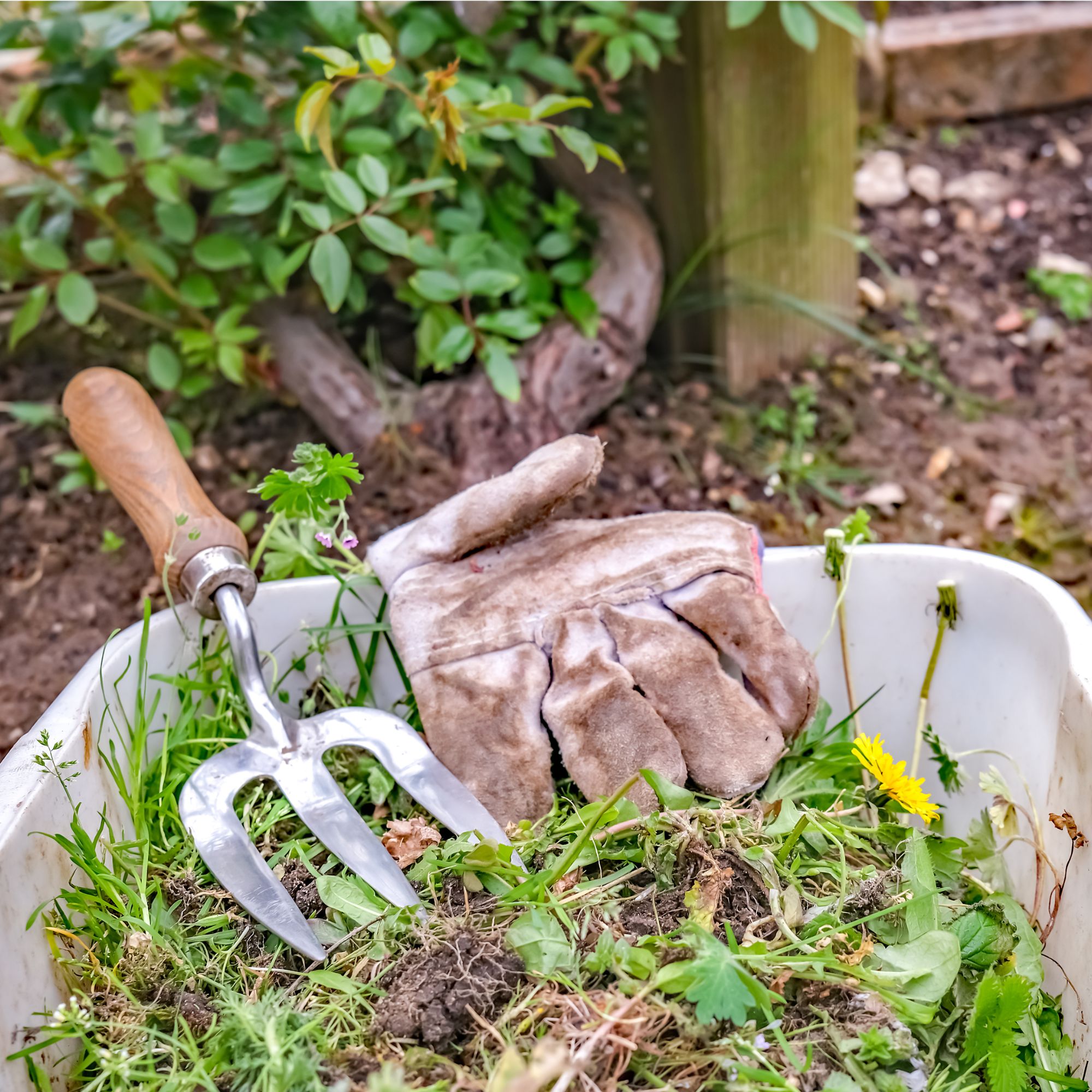
FAQs
How do I get the best compost for my garden?
‘The best things to put in your compost bin are often things that come from your garden originally, things like leaf litter, twigs, and fruit that may have fallen from trees,’ says James.
‘Food waste such as vegetable peel, unwanted stems, tea bags, and coffee grounds all make excellent additions to your compost too, filling it with the nutrients that your garden needs to thrive.’
Compost bin edit
Follow these simple rules this winter to help your compost blossom in time for spring.

Kezia Reynolds joined the Ideal Home team as News Writer in September 2024. After graduating from City, University of London in 2022 with a bachelor’s degree in journalism, Kezia kicked off her career spending two years working on women’s weekly magazines. She is always on the lookout for the latest home news, finding you the best deals and trends - so you don’t miss a thing!
